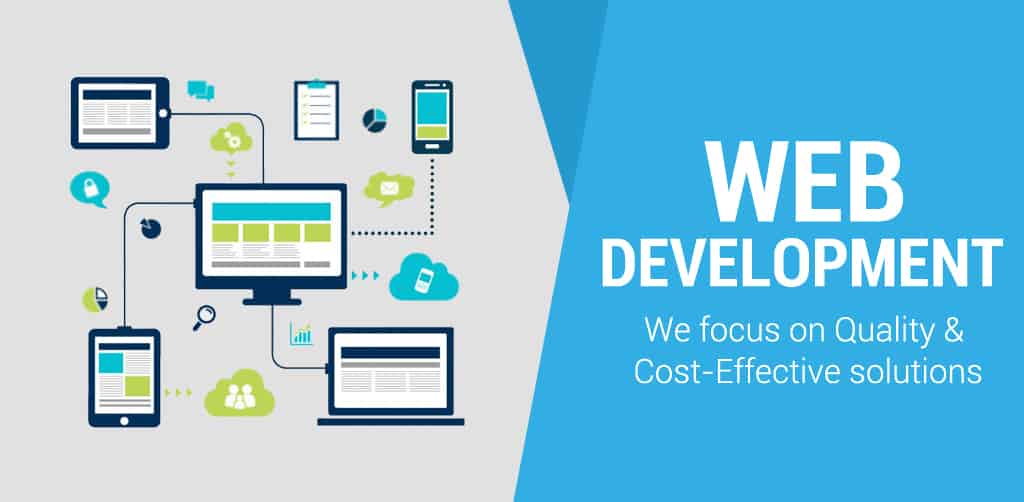Crafting an Effective NDIS Business Plan
1. Why Every NDIS Provider Needs a Business Plan
Starting an NDIS business without a plan is like navigating without a map. An effective business plan outlines your vision, goals, financial forecasts, and service delivery strategies. It provides clarity not only for you, but for stakeholders, investors, and the NDIS Commission. Whether you’re applying for NDIS registration or growing your existing services, a detailed plan ensures your operations are compliant, scalable, and sustainable. It also demonstrates that you understand the obligations under the NDIS Practice Standards. For both new and experienced providers, a strong business plan is essential to long-term success.
2. Understanding the NDIS Framework
Before crafting your plan, it’s vital to understand how the NDIS operates. The National Disability Insurance Scheme is designed to empower people with disabilities by giving them choice and control over their support services. Your business plan must align with the core values of the scheme—participant-centred care, inclusivity, safety, and compliance. Familiarity with registration groups, provider obligations, and service categories will shape your service offerings and operational strategy. By understanding the NDIS framework, you can build a business that meets market demand while staying aligned with regulatory expectations.
3. Defining Your Vision, Mission, and Values
Your vision sets the long-term goal for your NDIS business—where you see your organisation in five or ten years. The mission explains how you intend to get there, and your values highlight what matters most in how you deliver services. These elements help shape your brand identity and guide your decisions. For example, if you prioritise culturally safe care, your services will reflect that commitment. Including a clear and genuine mission and value statement in your business plan strengthens your message to the NDIS Commission, clients, and your team.
4. Identifying Your Target Participants
Knowing your audience is key to success in the NDIS sector. Will you serve children with autism, adults with physical disabilities, or participants in regional areas? Your business plan should describe your ideal participant group, their needs, and how your services will address those needs. Consider their cultural background, support preferences, and accessibility requirements. By clearly identifying your target market, you can tailor your services, marketing, and staffing approach. A focused target strategy also shows the NDIS Commission that you understand your role and responsibilities as a service provider.
5. Choosing Your NDIS Registration Groups
The services you deliver must align with specific NDIS registration groups, such as personal care, support coordination, or community access. Your business plan must list these groups and explain how you’ll meet the Practice Standards relevant to each one. This section should detail the scope of services, staff qualifications, and any required equipment or technology. It’s important to get this right from the start to avoid delays in your NDIS application. A strategic selection of registration groups ensures you’re prepared operationally and can deliver services within your capacity.
6. Staffing and Human Resources Strategy
The quality of your staff directly affects participant outcomes and compliance. Your business plan should include how you will recruit, train, and retain qualified team members. Will you hire support workers directly or use contractors? How will you conduct NDIS Worker Screening and ensure staff complete required training? HR planning should also cover onboarding, performance management, and professional development. In Australia, NDIS providers are expected to maintain safe, capable, and well-supported workforces. A clear HR strategy in your business plan demonstrates your commitment to high-quality service delivery.
7. Compliance and Risk Management
Compliance with the NDIS Commission and Practice Standards is non-negotiable. Your business plan should outline how you’ll manage compliance, including incident reporting, complaints handling, and internal audits. Risk management is also key—identify potential risks (e.g., staffing shortages, service errors, or cyber threats) and outline how you’ll mitigate them. This section of your plan should reflect your understanding of your legal and ethical responsibilities. Including policies and procedures, or referencing your NDIS policy manual, adds further credibility. It shows regulators and stakeholders that your business takes governance seriously.
8. Marketing and Participant Engagement
A great service is useless if no one knows about it. Your business plan should include a marketing and community engagement strategy. How will you attract participants? Will you build partnerships with support coordinators or advertise through local disability networks? Digital marketing, social media, community events, and word-of-mouth all play a role. Additionally, your plan should cover how you’ll ensure participant feedback is captured and used to improve services. A strong engagement strategy helps build trust, loyalty, and a good reputation in the competitive Australian NDIS market.
9. Technology and Service Delivery Systems
Technology plays a big part in efficient service delivery. Your plan should detail what systems you’ll use for rostering, progress notes, participant records, and communication. NDIS providers must ensure secure data handling and privacy compliance, so consider tools that are NDIS-ready and based in Australia. Outline how you’ll use technology to improve participant outcomes and streamline internal operations. Mention if you’ll use software like CareMaster, SupportAbility, or ShiftCare. A tech-savvy approach not only boosts efficiency—it also positions your business as modern and trustworthy.
10. Financial Planning and Budget Forecasts
Your NDIS business plan must include a detailed financial section. Start with setup costs: insurance, registration, tech systems, staff recruitment, etc. Then show monthly expenses and expected revenue based on NDIS price guides and your chosen services. A break-even analysis is useful to demonstrate sustainability. Include projected income for 12–24 months, with assumptions clearly stated. This financial data is vital for investors, partners, or government grant applications. A well-researched, realistic budget shows you’ve thought ahead and are prepared to operate responsibly within the NDIS landscape.
11. Measuring Success and Continuous Improvement
How will you know if your business is doing well? Your plan should outline performance metrics such as participant satisfaction, service delivery outcomes, staff retention, and financial health. Include strategies for regular reviews, feedback analysis, and quality improvements. NDIS providers are expected to demonstrate ongoing improvement and responsiveness to participant needs. By embedding performance measurement into your plan, you show that you’re committed to not only meeting but exceeding the standards of care. Continuous improvement also strengthens your position during audits or when applying to expand your registration.
12. Conclusion: Bringing It All Together
An NDIS business plan is more than a document—it’s your roadmap to success in a highly regulated but rewarding industry. It captures your mission, market, services, people, processes, and financial strategy in one cohesive vision. Whether you’re applying for Verification or Certification, or just seeking clarity on your business direction, a thoughtful and well-prepared plan sets the foundation. With strong planning, commitment to compliance, and a participant-first mindset, your NDIS business will not only be approved—it will thrive and make a genuine impact in the Australian community.
Related Articles:
Enhancing Service Quality Through Continued Guidance | The Role of an NDIS Consultant in Your Business | Starting & Growing a Successful NDIS Business | Crafting an Effective NDIS Business Plan




